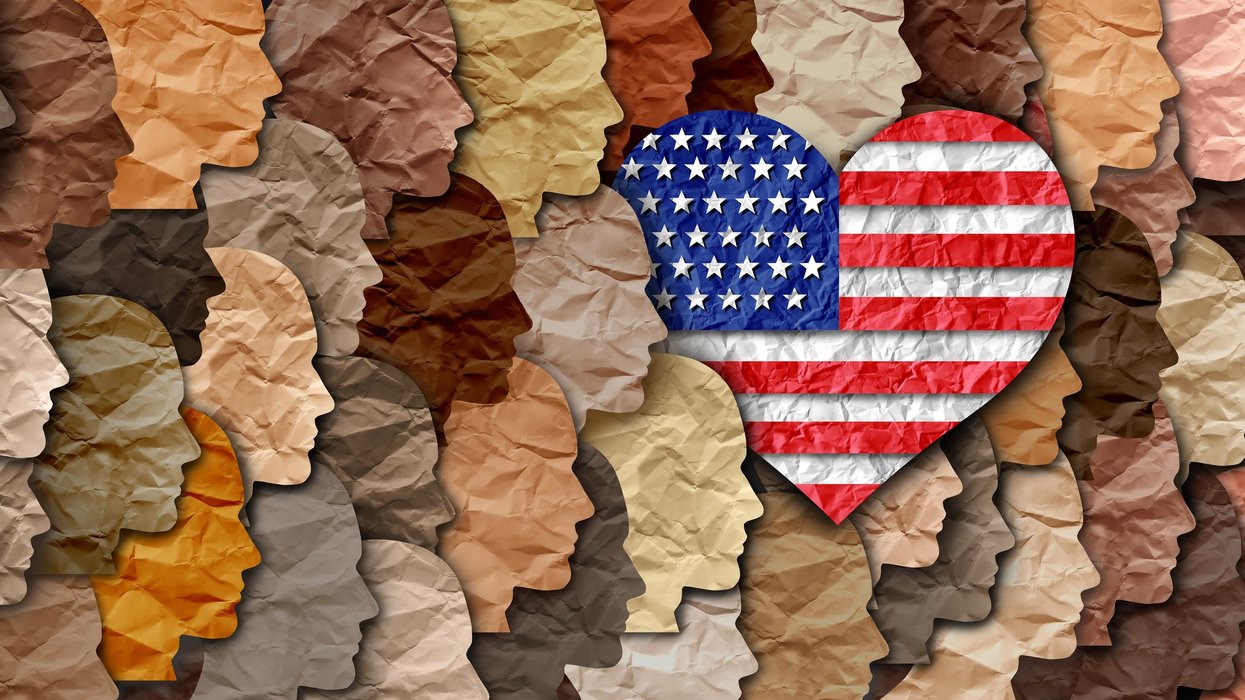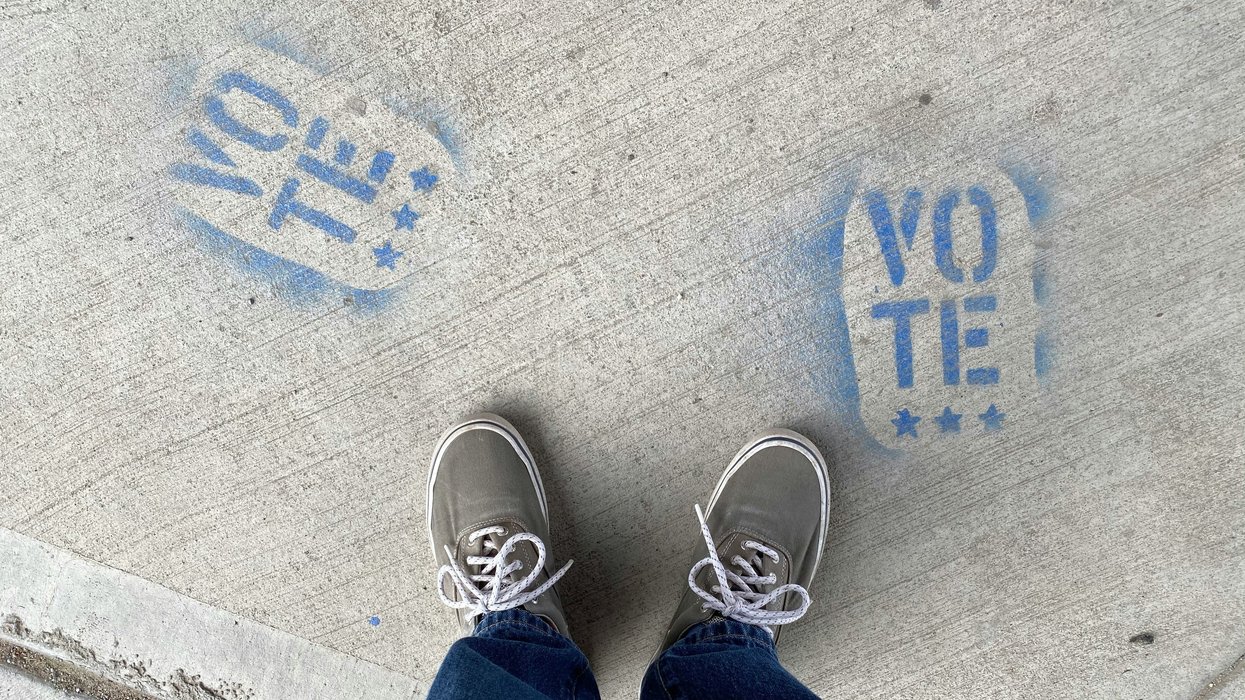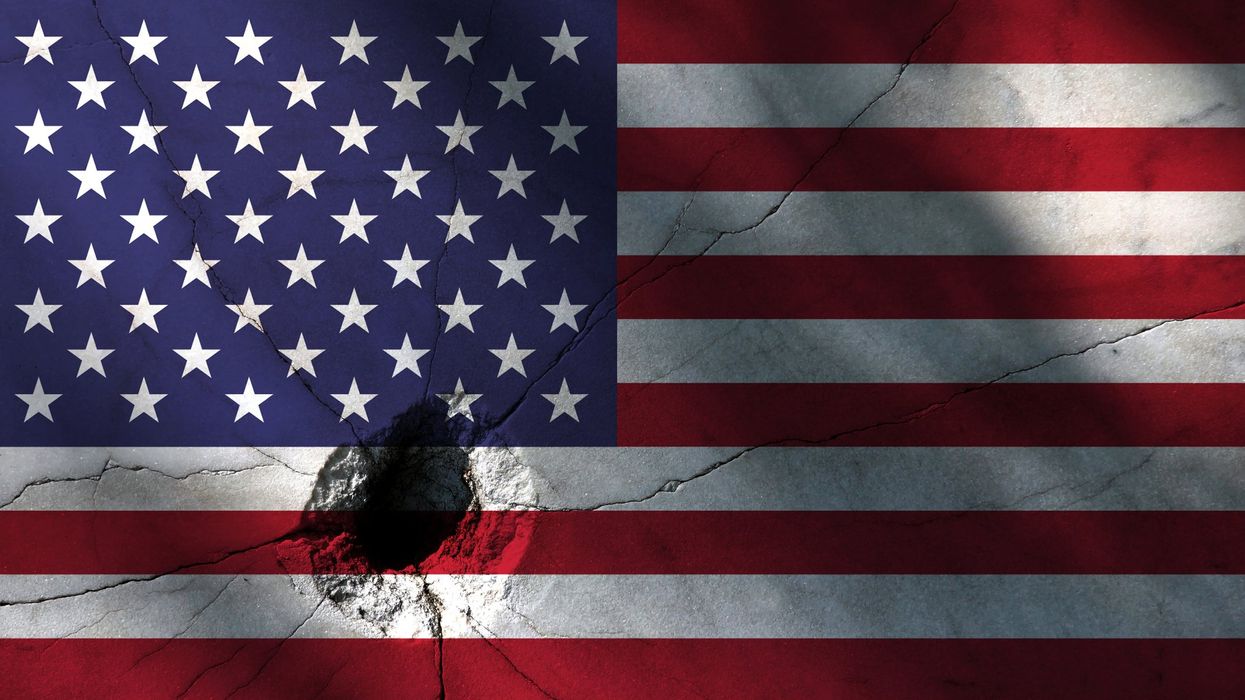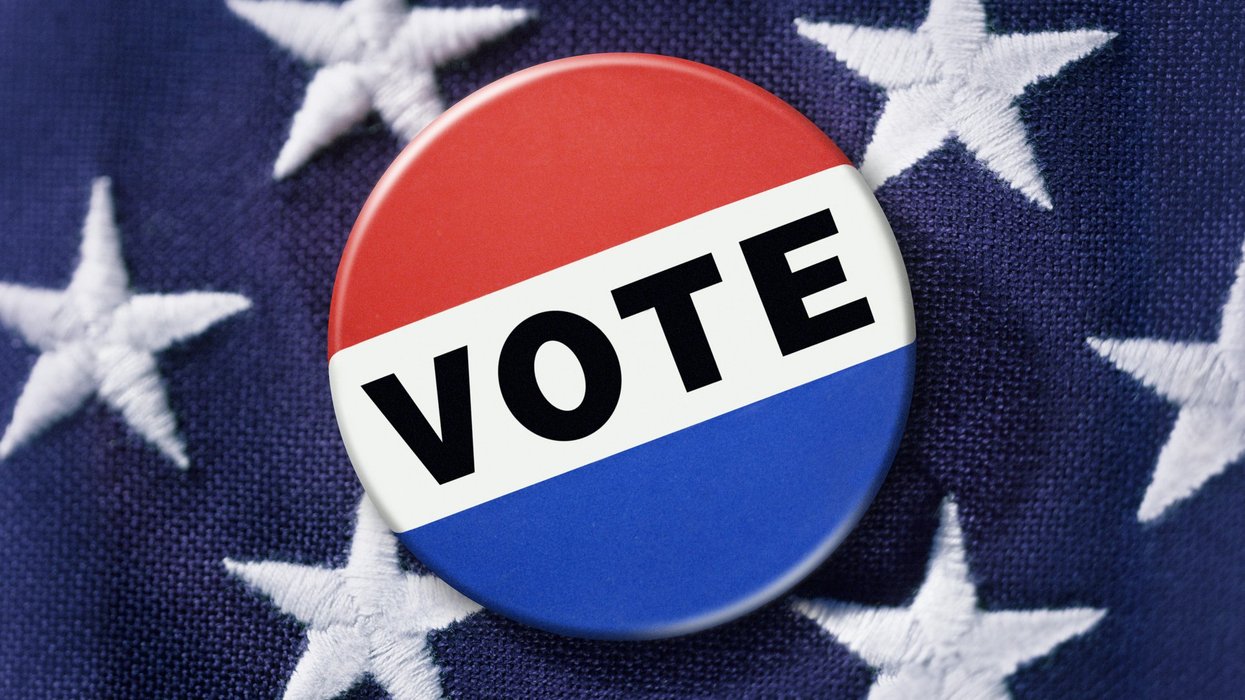Bill Weld is now the most prominent Republican candidate in favor of amending the Constitution in order to slow the torrent of big money in American politics.
The former Massachusetts governor is the longest of long shots as he runs against President Trump for the GOP nomination. And a constitutional alteration to permit much tighter campaign finance regulation has essentially no near-term shot of getting through Congress with the necessary two-thirds majority and then getting ratified by the required 38 states.
But those who view such a 28th Amendment as the most consequential aspiration of democracy reformers can nonetheless point to Wednesday's announcement as a symbolic milestone: The idea can now claim a measure of bipartisan support in the presidential field.
"Democracy reform has become a top theme of the 2020 presidential election cycle with campaign finance issues taking the stage. As citizens continue to voice their displeasure with the current pay-to-play system, many candidates are addressing big money in politics in their platforms," read a statement from American Promise, a leader of those advocating the constitutional approach and the group that persuaded Weld to sign a pledge to push the cause once in the White House. "The pledge is a meaningful way to hold our elected officials accountable on this issue."
Sign up for The Fulcrum newsletter
Weld did not issue any statement about his decision to sign the promise.
A dozen of the Democratic presidential candidates have also signed — including two of the leading candidates, Sen. Elizabeth Warren of Massachusetts and Sen. Bernie Sanders of Vermont. Former Vice President Joe Biden and Mayor Pete Buttigieg of South Bend, Ind., have not signed.
Many advocates for stricter campaign finance rules say plenty can be accomplished, and withstand judicial challenges, without altering the Constitution. American Promise and its allies contend that such a hard-to-achieve goal is necessary to permanently reverse the Supreme Court's 2010 ruling in Citizens United v. FEC, which deemed unlimited political spending by big corporations, nonprofit organizations and labor unions a protected form of speech under the First Amendment.
Such an amendment has been proposed in Congress every year since the Citizens United ruling. It's only received a vote once, five years ago, when the 54 Democratic senators endorsed the amendment — 13 shy of the supermajority needed for success. This year the amendment has the support of 47 members of the Democratic caucus and 176 members of the House — all Democrats except Republican John Katko of New York.
While Trump promised to "drain the swamp" during his campaign, he has yet to spend any political capital on efforts to regulate money in politics or lobbying.
The other Democrats who have signed the pledge are Sen. Michael Bennet of Colorado, Gov. Steve Bullock of Montana, former Rep. John Delaney of Maryland, Rep. Tulsi Gabbard of Hawaii, Sen. Kamala Harris of California, Sen. Amy Klobuchar of Minnesota, billionaire investor Tom Steyer and author Marianne Williamson.
American Promise says eight 2020 congressional candidates have also signed their pledge — six of them Democrats and two from minor parties.





















